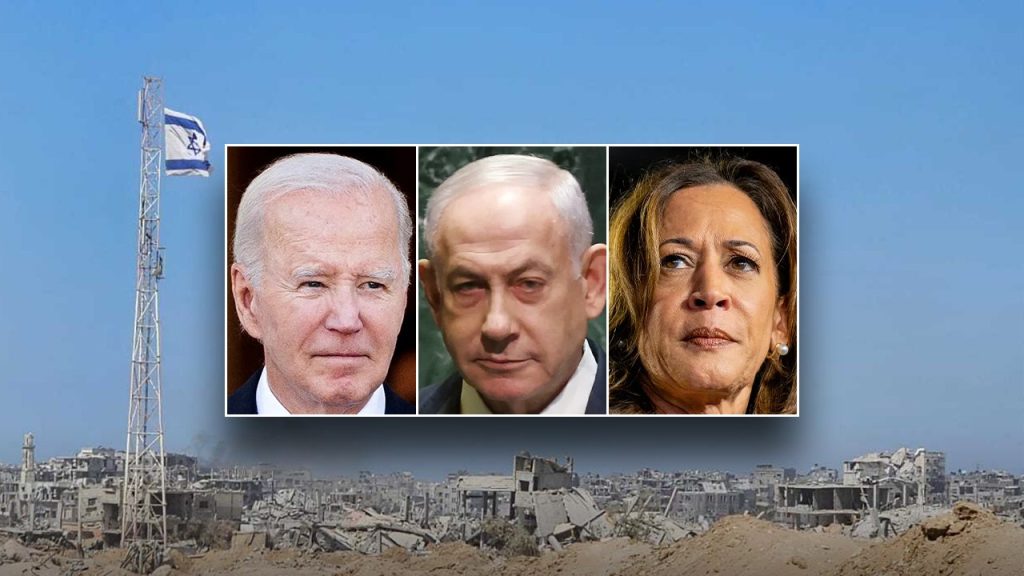Israeli Prime Minister Benjamin Netanyahu’s decision to ignore warnings from President Biden and Vice President Harris not to conquer the last major stronghold of Hamas terrorists in Rafah proved to be correct, according to military and Middle East experts. The Israel Defense Forces and Shin Bet intelligence agency announced the elimination of Hamas leader Yahya Sinwar in an operation in the southern Gaza Strip, a move that was met with congratulations from Biden and Harris. Sinwar was responsible for the massacre of nearly 1,200 people, including over 40 American citizens. Both Biden and Harris had previously warned Israel against entering Rafah, citing potential negative consequences.
In May, Biden went as far as threatening to withhold weapons from Israel if they invaded Rafah, stating that it would be a mistake leading to more civilian deaths and worsening the humanitarian crisis in Gaza. However, the successful elimination of Sinwar and other key Hamas leaders in Rafah demonstrated that Netanyahu’s decision to enter the area was part of a larger strategy to show the consequences of attacking Israel. The IDF confirmed that Sinwar was killed in the same tunnel where six hostages were executed, including Israeli-American Hersh Goldberg-Polin. The operation in Rafah has uncovered 14,000 occurrences of Hamas booby-trapped buildings in the area, highlighting the importance of rooting out terrorism in the region.
The elimination of Sinwar presented an opportunity for a cease-fire, according to the State Department, and a chance to end the reign of Hamas in the region. Despite criticism and ridicule on social media for Harris’ misjudgment regarding the ground war in Gaza, the campaign by the U.S. government and the EU to rope in Israel’s push against terrorist movements like Hamas and Hezbollah did not impact Netanyahu’s war plans. Experts like Max Abrahms noted that Biden and Harris may have been influenced by American political calculations and pressure from anti-Israel constituents when advising against a Rafah operation. However, the successful removal of Sinwar showed the importance of ignoring such advice in favor of national security.
The elimination of Sinwar underscored the significance of Israel’s military operations and the need to continue targeting terrorist leaders to ensure the safety of Israeli citizens and bring an end to groups like Hamas. The refusal to surrender to Hamas showed a commitment to defending Israel against attacks and ensuring regional stability. Despite initial warnings and threats from the Biden Administration, the decision to enter Rafah was ultimately vindicated by the successful removal of key Hamas figures. This reaffirmed the importance of Israeli sovereignty and the need to prioritize national security in the face of external pressure.
The Biden Administration’s response to Sinwar’s death revealed a stance that supported Israel’s counterterrorism operations targeting Hamas leaders and militants. Despite initial warnings about entering Rafah, the Administration provided active intelligence support for Israeli operations against Hamas in the region. Queries about whether Biden and Harris erred in their warnings to Netanyahu were not returned, suggesting a reluctance to address the potential miscalculation in advising against the Rafah operation. The success of the mission in Rafah highlighted the importance of strategic decision-making in times of conflict and the need to prioritize national security above political considerations.


